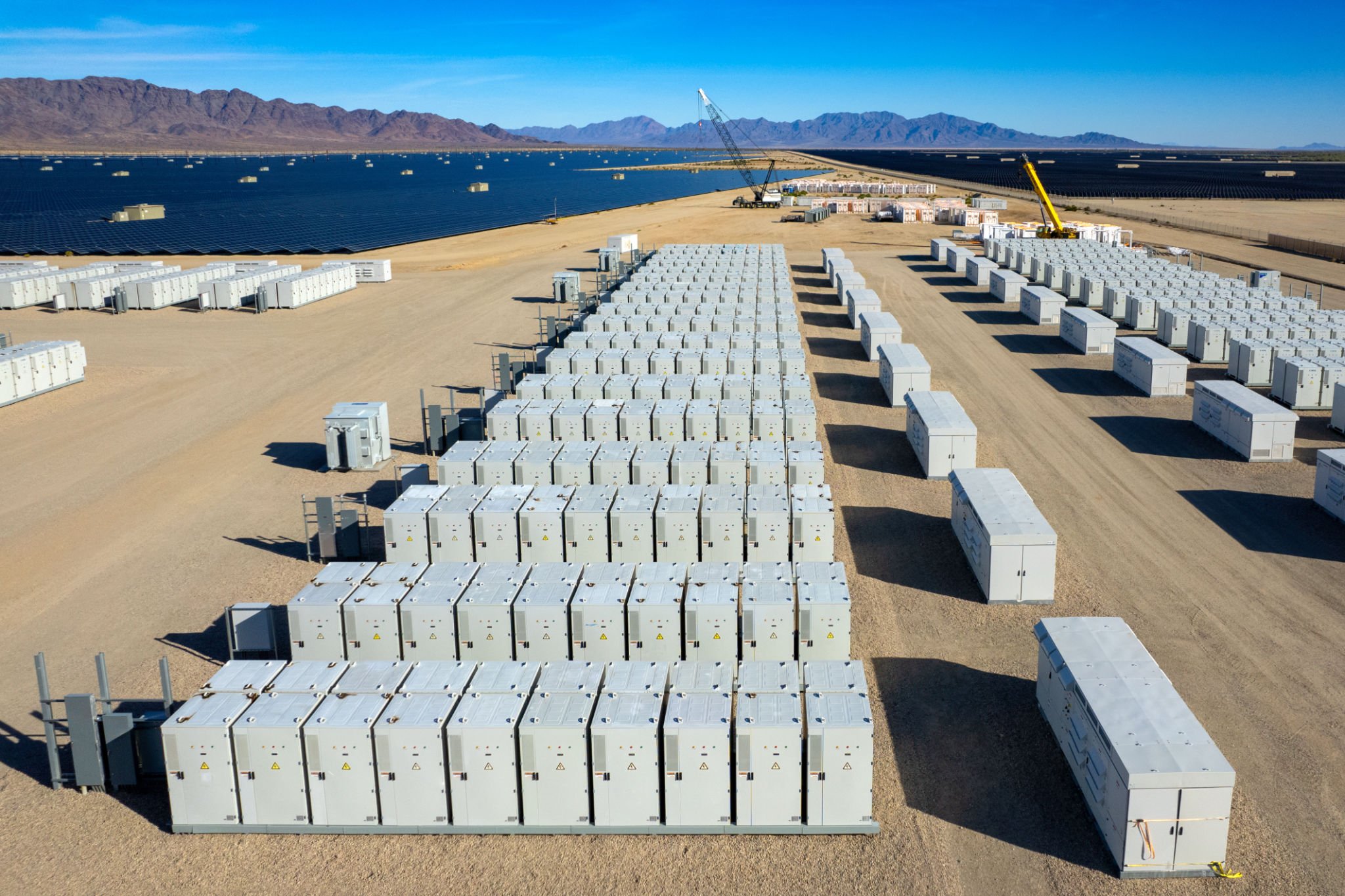Top Alternatives to Traditional Energy Providers in South Australia
Exploring Renewable Energy Options
South Australia has been at the forefront of the renewable energy revolution, offering residents a variety of alternatives to traditional energy providers. With an increasing focus on sustainability and reducing carbon footprints, more households and businesses are transitioning towards renewable sources. This shift not only promises environmental benefits but also offers potential cost savings in the long run.

Solar Power: Harnessing the Sun
Solar energy is one of the most popular alternatives to conventional energy sources in South Australia. The region's abundant sunshine makes it an ideal location for solar panel installations. By converting sunlight into electricity, solar panels provide a clean, renewable source of energy that can significantly reduce electricity bills. Households can even earn credits by feeding excess energy back into the grid.
Many companies provide installation and maintenance services for solar panels, making it easier than ever for consumers to make the switch. Additionally, government incentives and rebates can further reduce the initial investment cost, making solar power an attractive option for many.
Wind Energy: Capturing Nature's Power
Wind energy is another viable alternative for South Australians looking to move away from traditional energy providers. The state boasts several wind farms, which harness the power of wind to generate electricity. These farms contribute significantly to the state's energy mix and offer a sustainable solution with minimal environmental impact.

For those living in more rural areas, small-scale wind turbines can also be considered for personal use. These systems can complement existing solar installations, providing a more consistent energy supply throughout the year.
Battery Storage: Maximizing Energy Efficiency
As renewable energy adoption grows, so does the need for effective energy storage solutions. Battery storage systems are becoming increasingly popular, allowing consumers to store excess energy generated during peak production times for later use. This capability helps maximize efficiency and ensures a steady supply of power even when solar or wind production is low.
Companies like Tesla and Sonnen offer advanced battery systems that integrate seamlessly with existing solar installations, providing an additional layer of independence from the traditional grid.

Community Energy Projects: Collective Efforts
Community energy projects have gained traction as a way for neighborhoods and groups to collectively invest in renewable energy solutions. These projects often involve the installation of shared solar panels or wind turbines, with the generated power distributed among participants. This model not only reduces costs but also fosters a sense of community engagement and sustainability awareness.
By participating in these initiatives, individuals can enjoy the benefits of renewable energy without bearing the full cost or responsibility of individual installations.
Geothermal Energy: Tapping into Earth's Heat
While less common than solar or wind, geothermal energy presents another intriguing alternative. By utilizing the heat from beneath the Earth's surface, geothermal systems provide a reliable and sustainable energy source. Although initial setup costs can be high, the long-term benefits and minimal environmental impact make it a worthy consideration for those seeking diverse energy solutions.
In conclusion, South Australia offers a wealth of alternatives to traditional energy providers, catering to various needs and preferences. Whether opting for solar panels, wind turbines, battery storage, community projects, or geothermal systems, residents have ample opportunities to contribute to a greener future while potentially reducing their energy costs.